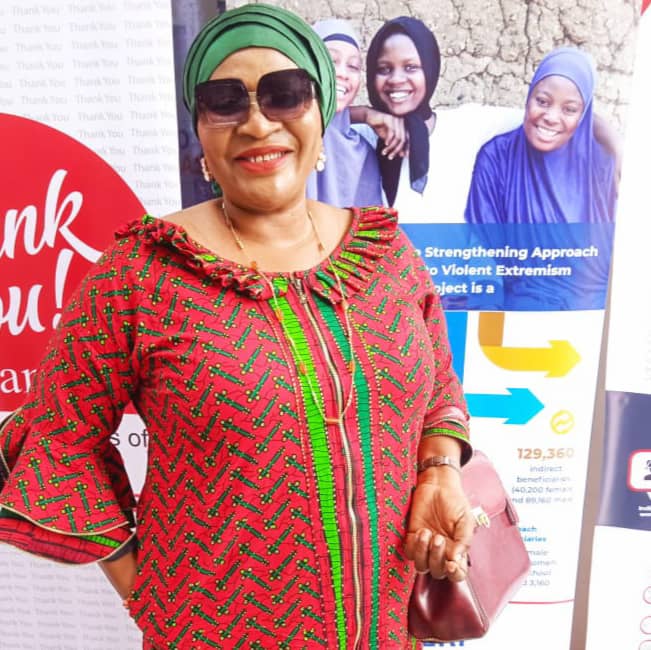By Daniel Tyokua
The founder, Tomorrow’s Women Development Organization (TWDO), Hon.Chinyere Ezenwokike has suggested strategies that need to be adopted to improve governance across the country.
She said sincerity and commitment of leaders to the improvement of their respective areas will contribute significantly to good governance.
The organization is focused on the development and empowerment of women and youths, recently spoke in Abuja about the state of the nation and the hardships currently faced by Nigerians.
She acknowledged Tinubu’s reputation as a bridge-builder who has positively impacted many Nigerians, cutting across geographical locations and gender, but regretted that those who have benefited from the President in the past have not rallied to support him in enacting and implementing people-friendly policies for the benefit of all Nigerians.
“I can’t believe people are struggling during Tinubu’s regime. “I feel pained by the inflation, but I know there is still hope for a better future this too shall pass,” she said.
On the face-off between the Minister of Women Affairs and Social Development, Uju Kennedy-Ohanenye, and some members of the House of Representatives during a committee meeting, the activist stated that she does not support any act of misappropriation or mismanagement.
However, she was disappointed by the conduct of a female member of the House, who harshly demanded that the Minister answer a question with a simple “Yes” or “No.” She noted that while the Honourable member was elected by her Federal Constituency, the Minister was appointed by the President and confirmed by the Senate, and thus both women are working for Nigeria.
The activist emphasized that women in positions of authority should show respect for one another, adding that such questions would not have come from a man to a fellow man.
She recalled a similar incident when the current Senate President, then a minister, was asked a controversial question by a female member of the House, which led to the infamous “Off the microphone” quote. She urged the leadership of the House of Representatives to provide frequent etiquette training for its members, emphasizing the need for better communication among leaders.
On the recent actions of the Minister for Women Affairs regarding her public announcement of the arrest of the Convener and cancellation of an ongoing program on food security meant to benefit Nigerian women, the activist expressed mixed feelings.
She understood that both the ministry and the Convener were jointly preparing the program but noted that there was a misunderstanding mid-process, leading the Minister to dissociate herself from the event. The activist questioned the timing of the Minister’s withdrawal, considering the financial implications, notification of attendees, and other logistical issues.
According to her, she stressed that changes to such programs should be communicated to organizers at least 14 days before the event through an official letter from the permanent secretary or director. If the Ministry had followed due process, the Convener would have serious questions to answer. She concluded that the incident was shameful and unacceptable, highlighting the need for proper planning and communication in such matters.
On the broader issues facing the Ministry of Humanitarian Affairs and Poverty Alleviation and the Ministry of Women Affairs and Social Development, the activist recommended that both ministries work under the office of the First Lady of Nigeria. She argued that the First Lady, having served as the wife of a Governor for eight years in Lagos State and as a Senator, understands the problems faced by Nigerian women and is well-equipped to oversee these ministries. She believed this would ensure smooth collaboration and prevent maladministration in the future.



